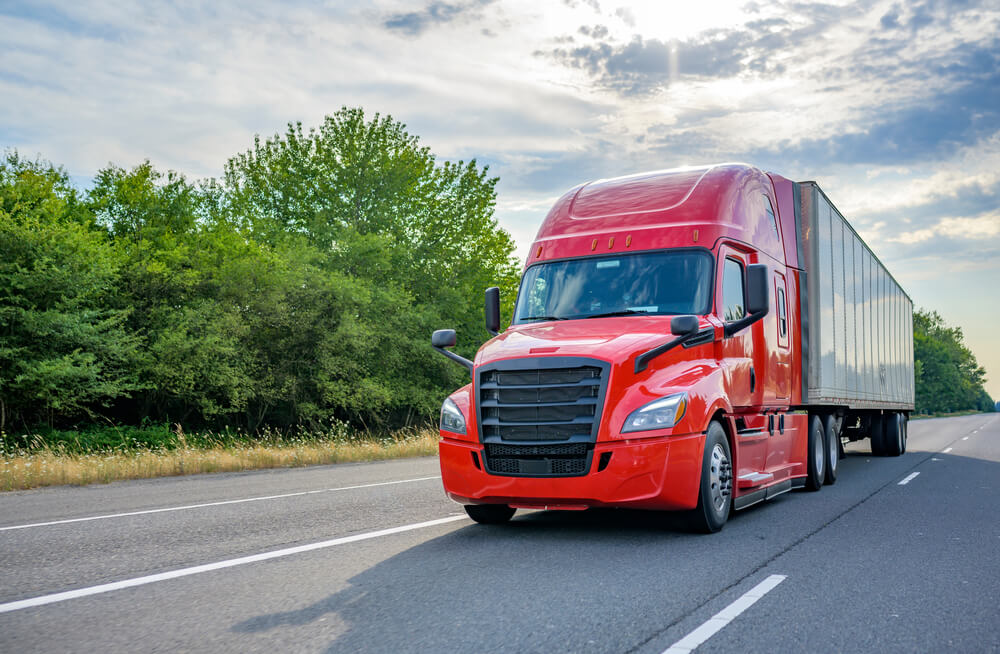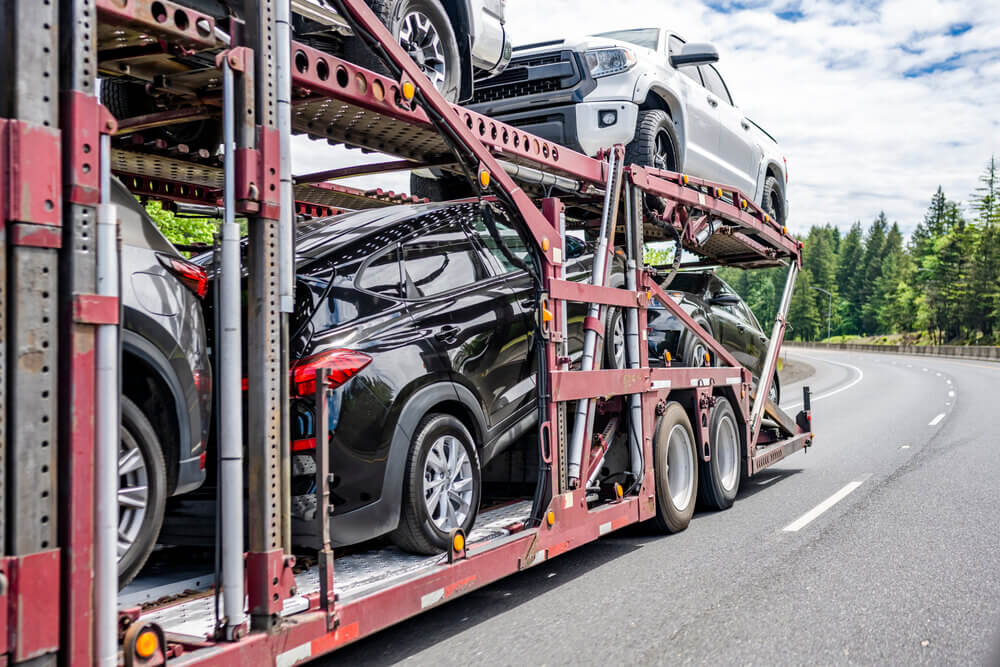Professional relocation process begins long before you pack your first box especially when you’re moving internationally from the U.S. to Bolivia. Understanding costs, timelines, customs, documentation, and service options is key. This guide will walk you through the journey, combining insights from Bolivia.com with global moving best practices and government advice to equip you for a stress‑free move.
What Affects the Cost of Moving
When moving to Bolivia, several factors determine your budget:
Volume & weight of belongings: Shipping costs are calculated by cubic feet or container size, just like other overseas moves.
Transport method: Sea freight versus air freight.
Extra services: Professional packing, customs handling, insurance, port-to-door delivery.
Timing: Peak moving seasons (summer and early fall) often see higher quotes.
Distance & route: Bolivia is less common than Europe or Asia, so costs could be slightly higher .
Customs duties in Bolivia: Residents and repatriates can import used household items up to USD 35,000 duty‑free; others pay taxes.
In general, expect to spend anywhere from USD 4,000 for a small shipment to USD 12,000+ for a two- or three-bedroom household similar to other long-distance relocations.
Preparing Your Move
Inventory & Packing: Start by creating a detailed inventory. Decide what to ship, sell, or donate. Professional packers can reduce damage and stress, and though they cost extra, they’re often necessary for customs clearance abroad .
Quotes & Choosing Movers: Request at least three quotes from international moving companies. Ensure they’re licensed (FMC for sea transport), insured, and experienced in shipping to Bolivia. Compare not just prices, but services covered.
For vehicles: original certificate of origin, condition certificate, customs payments ~45% of CIF value. Some packing materials must comply with ISPM-15 standards.
Government & Safety Prep: Register with the U.S. Dept. of State’s Smart Traveler Enrollment Program (STEP) for updates from the U.S. Embassy in La Paz or Santa Cruz. Download safety insights, customs info, and planning checklists from Travel.State.Gov to streamline documentation, health, and consular processes.
Shipping & Transit
Sea Freight: Sea shipping of a 20-foot container is the standard option. LCL allows sharing costs if you don’t have a full load.
Trucking & Inland Transport: Expect trucking costs of several hundred dollars to reach a port in Miami, Houston, Los Angeles, etc. Bolivia’s inland infrastructure may require additional transport by road .
Customs Clearance in Bolivia: Upon arrival, local agents handle paperwork and inspections. Timeline varies about 7-10 days for regular shipments; longer for returning citizens applying duty exemption .
Delivery to Final Address: In door-to-door services, movers deliver your belongings directly to your home. Otherwise, you may receive them at a bonded warehouse.
For further guidance on moving best practices and regulations, consider consulting authoritative sources such as the Federal Motor Carrier Safety Administration (FMCSA). They provide comprehensive information on interstate moving regulations, consumer rights, and safety guidelines.
Timeline & Checklist
3–6 months before move: Inventory, research movers, request quotes, gather documentation.
2–3 months: Make packing decisions; arrange visa or residency permits if required.
1 month: Confirm shipment and insurance; begin packing.
2 weeks: Final packing, prepare travel, register with STEP.
Shipment departure: Goods depart U.S., estimated 4–8 weeks at sea.
Arrival & clearance: Bolivia customs processing (7–10 days).
Delivery: Unload, unpack, and settle in.
Tips to Save Money
Downsize: Moving fewer items smaller container or LCL.
Off-peak timing: Avoid summer rush.
Self-pack small items: Leave bulky furniture to professionals.
Get multiple quotes: Always compare apples-to-apples.
Conclusion
Moving from the U.S. to Bolivia involves a professional relocation process that spans careful planning, documentation, budgeting, and time coordination. While typical costs for a small to medium household fall between USD 4,500–12,000, they can vary based on volume, service level, and timing. Registering with the U.S. State Department’s STEP program ensures your safety and gives peace of mind while you start a new chapter in Bolivia.
By following this guide drawing from Bolivia.com and authoritative sources like Travel.State.Gov you’ll be well-prepared to handle the financial, logistical, and legal aspects of your move to Bolivia with confidence.




